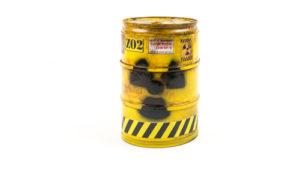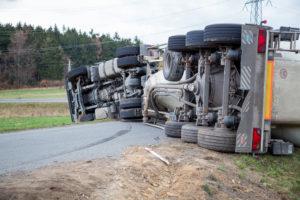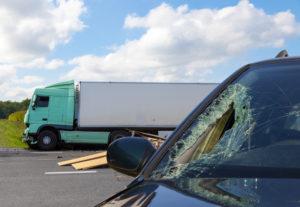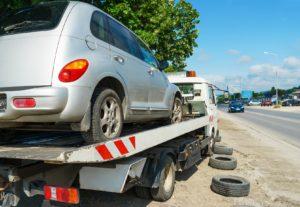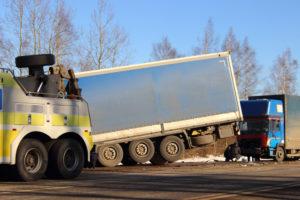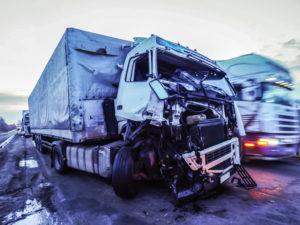
When you file a truck accident claim or decide to file a lawsuit after an accident, one of the first things you’ll need to do is begin collecting evidence to support your claim. It’s important to collect any and all evidence pertaining to your accident straightaway because if you delay, evidence could be lost or destroyed and you might be unable to later substantiate your claim.
Types of Evidence to Collect
With a truck accident claim, you’ll need to prove that the other party was somehow responsible for or contributed to the accident in order to be eligible to receive compensation for your damages.
The following entities could be held liable for a trucking accident:
- trucking company;
- loading company; or
- parts manufacturer.
It may be, for instance, that they failed to perform routine maintenance, overloaded the cargo, or employed a truck driver who was texting and driving. Any and all evidence regarding the truck driver and the accident should be preserved and collected early in your case.
Some of the types of evidence you and your attorney will want to collect include:
- the accident report from the police officer;
- the truck driver’s logbooks (which can show his or her driving hours, mileage traveled);
- the truck driver’s phone records (if you think the driver might have been using his or her phone for texting, calls, or internet surfing at the time of the accident, those records can be used as evidence in court);
- the driver’s work history, driving records, and personnel file, which should include the driver’s qualifications and training;
- truck inspection reports;
- dispatch instructions;
- weigh tickets, and reports from the weigh stations and loading docks;
- maintenance schedules, records, and reports; and
- the post-collision drug and alcohol test results.
For a free legal consultation, call (614) 538-1116
Adequate Evidence is Paramount in Truck Accident Claims
When you seek restitution after a truck accident, the settlement you collect will be reduced by your (or your loved one’s in wrongful death cases) degree of fault. In many instances, both parties might be partially responsible for the collision.
If fault isn’t clear-cut, you’ll need ample evidence to demonstrate the other party’s fault (and you’re lack thereof) to the insurance company or courts. The more evidence you can collect the better.
You and your attorney might be able to work on collecting other pieces of evidence including:
- witness reports;
- traffic camera footage of the accident;
- photos of the accident scene; and
- expert witness reports, e.g., accident reconstructionist testimonies.
An Important Note about Evidence Preservation
Trucking companies are only legally required to keep records for a short period of time. For instance, the Federal Motor Carrier Safety regulations require that they keep logbooks for only six months.
Therefore, in order to preserve evidence and ensure it’s not discarded, you’ll need to have your attorney draft a letter of spoliation. This letter essentially tells the trucking company that it is henceforth required to preserve all evidence that might pertain to your claim.
Click to contact our personal injury lawyers today
Consult a Truck Accident Lawyer
Ohio residents are welcomed to call our truck accident attorneys at Bressman Law for a free, no-obligation consultation. Call us today at (614) 538-1116 to schedule an appointment.
Call or text (614) 538-1116 or complete a Free Case Evaluation form



